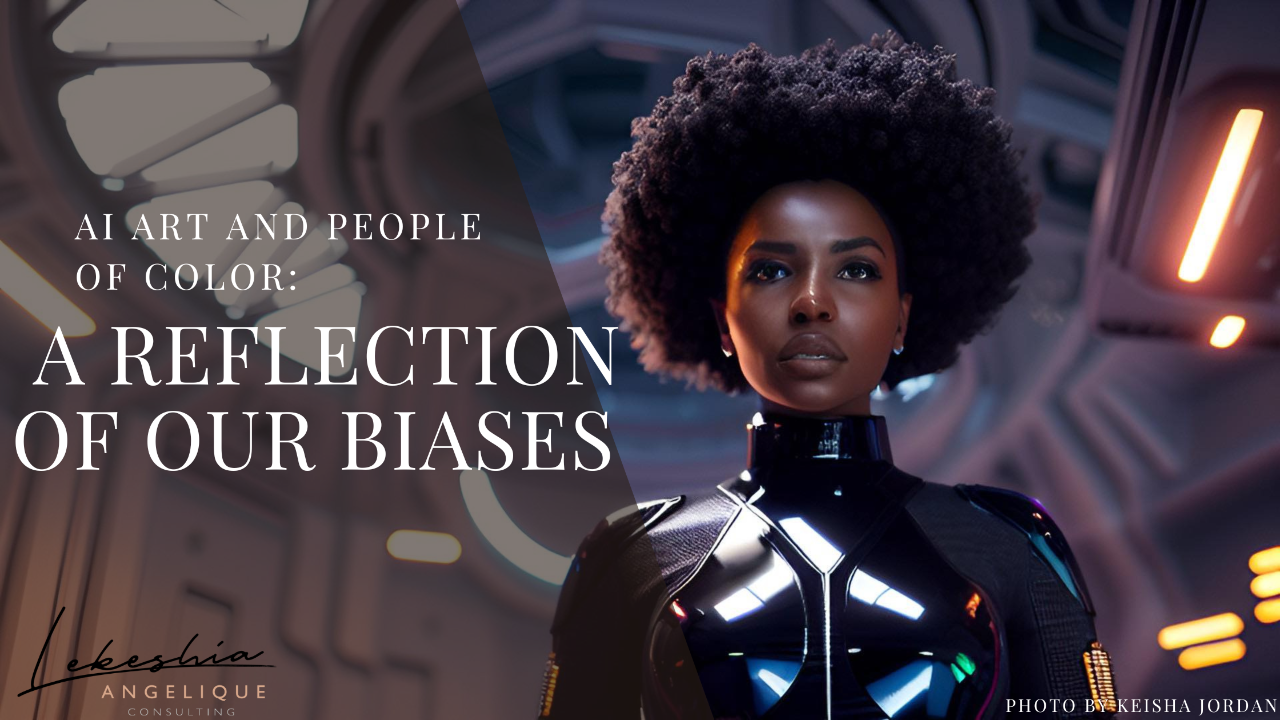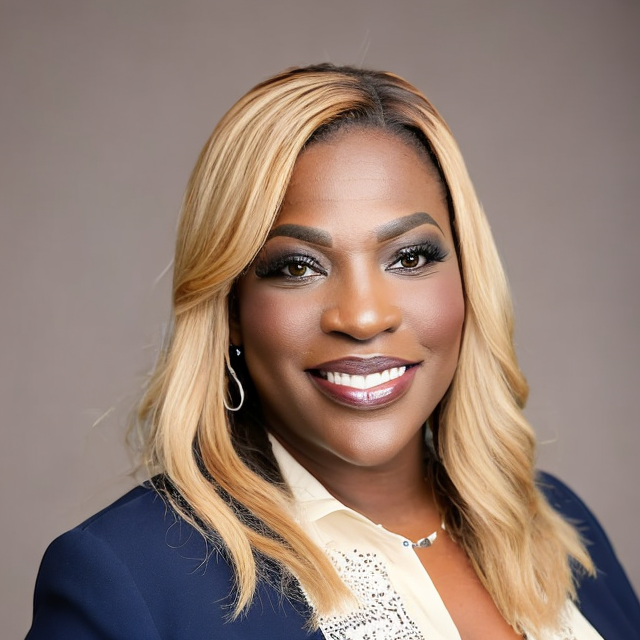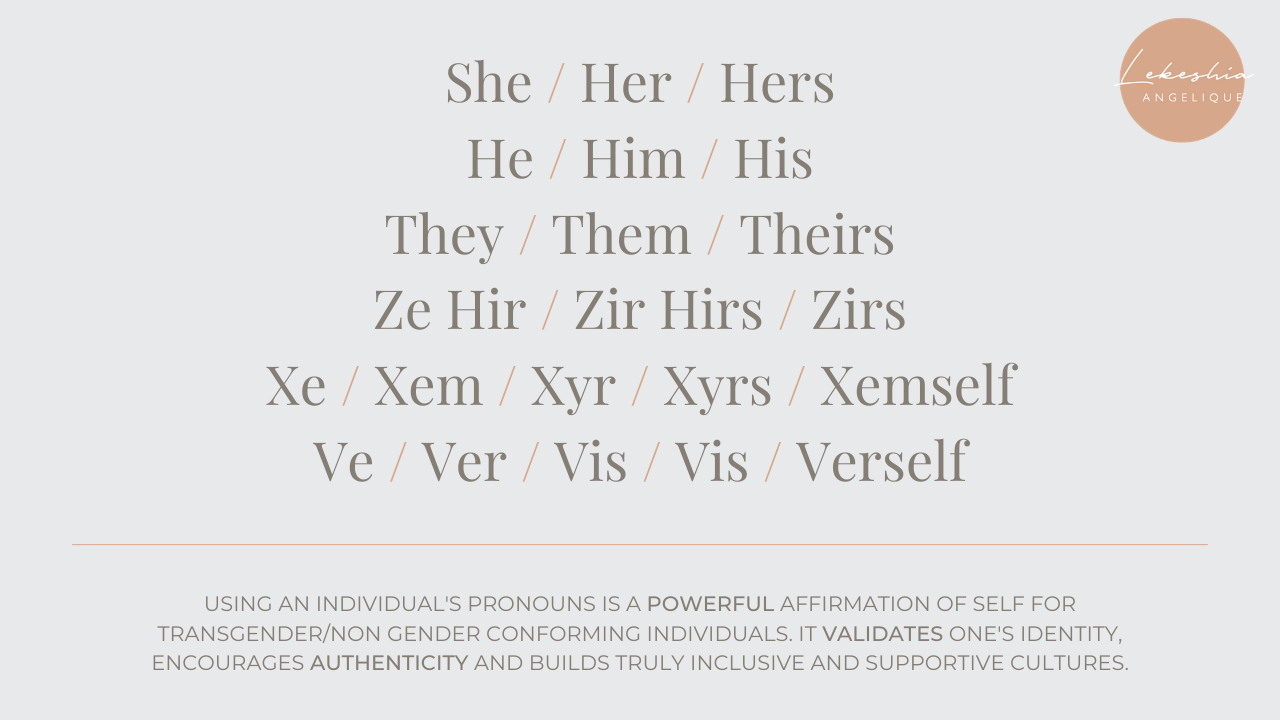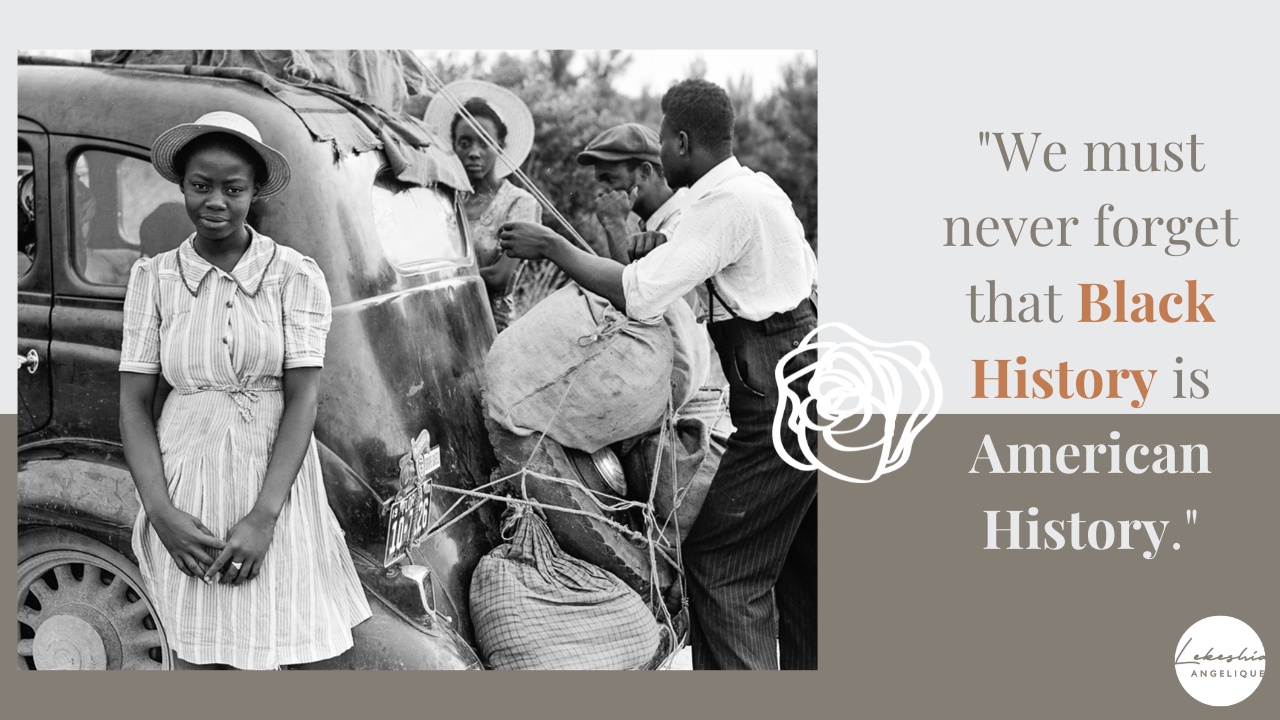ON THE BLOG
Embracing Softness and Community: A Conversation with Cnanah Ransom on Black Girl Day Off 2024

As we celebrate Black Girl Day Off 2024, it's crucial to reflect on the importance of self-care, community support, and mental health awareness in the Black community. Black Girl Day Off is an annual observance dedicated to encouraging Black women and girls to prioritize rest and rejuvenation.
This year, we're honored to share insights from a powerful conversation with Cnanah Ransom, CEO of Empower Her LLC, who opens about her journey through depression and the importance of community in healing.
The Power of Rest and Community
Black Girl Day Off reminds us that taking time for ourselves is not a luxury—it's a necessity. As Black women, we often carry the weight of the world on our shoulders, juggling careers, families, and societal expectations. Cnanah's story resonates deeply with this experience.
"Sometimes you put our identity in our titles and our income," Cnanah reflects. "I was a very strong African American female who worked her way up the ladder." But when faced with...
AI Art and People of Color: A Reflection of Our Biases

The world of technology has a long way to go before it can be regarded as diverse and inclusive. And the recent controversy surrounding the app “Try On” is a prime example of how far we still have left to go.
What is Try On?
Try On is an app that allows users to upload a photo of themselves and try on different hairstyles and makeup looks using AI technology. Sounds harmless enough, right? Well, not quite. Especially for people of the global majority.
The Problem with Try On
Try On has a severe diversity problem. Many women of color—me included—have tried using the app only to be met with terrible images and inaccurate portrayals of what we would look like with different hairstyles and makeup looks.
The reason for this is simple: there needs to be more diversity amongst the engineers who create this technology and within the tech industry itself.

AI-generated photo of Lekeshia Angelique with blond hair
The Lack of Diversity in Tech
When you have a group of...
The Great Resignation: How to Leverage DE&I to Recruit and Retain Top Talent in a Difficult Market

I had the extreme pleasure to host a Facebook Live with Rikka Brandon of Recruit, Retain, Rock, where we held a candid discussion about the hot topic of “The Great Resignation.” We talked about how to leverage DE&I to recruit and retain top talent in these difficult times, and the tips were so powerful, I decided to turn it into a blog to share with you! (Catch the replay here)
Since the global coronavirus pandemic in 2020, the workforce has seen some major shifts.
When the world shut down, many organizations were forced to close their doors and find a new way of conducting business that didn’t include employees going into the office. Now that the world has somewhat returned to “normal,” businesses are experiencing what has been coined “The Great Resignation.”
Dictionary.com defines The Great Resignation as “an informal name for the widespread trend of a significant number of workers leaving their jobs during [and after] the...
Being Apolitical Online is OVER – Debunking the Taboo Topics of Yesteryear

As the old saying goes, “Three things to never bring up at a dinner party: politics, religion, and money”. Well, quite frankly, most of us haven't been to a dinner party in over a year, the world is on fire, and we are on the precipice of the biggest social justice movement we will see in our lifetime. So, to HELL with that saying!
We all look back at pre-pandemic times with a certain nostalgia. How we moved about the world not that long ago seems so far gone, and the lens through which we saw the world and processed interactions have been forever changed.
With this understanding, it's only obvious that we cannot continue to project and protect our “professional” images in the way we once did. In fact, people are craving and seeking out professionals and businesses with solid convictions now more than ever. More than ever before, people are willing to click “follow” and support products and services that have clear ethical practices and...
The Power of the Pronoun: The Harmful Message You Didn’t Know You Were Sending

Photo credit: The Gender Spectrum Collection
From the moment we learn to speak, read, and write, we are trained to refer to people and animals by a pronoun (he/she/her/him). The majority of the time, when speaking of a singular human in the third person, these pronouns have a gender implied – such as “he” to refer to a man/boy or “she” to refer to a woman/girl. These associations can be detrimental to nonbinary individuals.
Standard practice today is to make assumptions about the gender of another person based on the person’s appearance or name. According to feminuity.org, the act of making an assumption (even if correct) sends a potentially harmful message—that people have to look a particular way to demonstrate the gender they align with.

Why are pronouns important?
Using someone’s pronouns shows your respect for their gender identity. PERIOD. If you are genuinely doing the work to create an inclusive space, you should be...
What You Need To Know: 8 ways Authentic Allies are Honoring Black History Month

As a Black American, it has been exciting to watch the momentum of the BLM movement build, conversations around race grow, and the road to allyship widen in this country. In the same breath, there is still MUCH work to be done. This is one reason I felt compelled to start my Allyship Activation Program, to help allies build something beautiful and authentic in their practices.
We are seeing more and more business capitalize (or even exploit) this movement in efforts to monetize or improve “optics”. The truth is, it is disheartening to see the way that the month of February (Black History Month) is still being treated as a “one and done” month; a sort of box ticking exercise of many Americans and the “appropriate time” to explore black history. A true Ally will extend the conversation beyond the month of February. I am here to help you navigate building these foundations in your life and business, in order to create meaningful and authentic...

